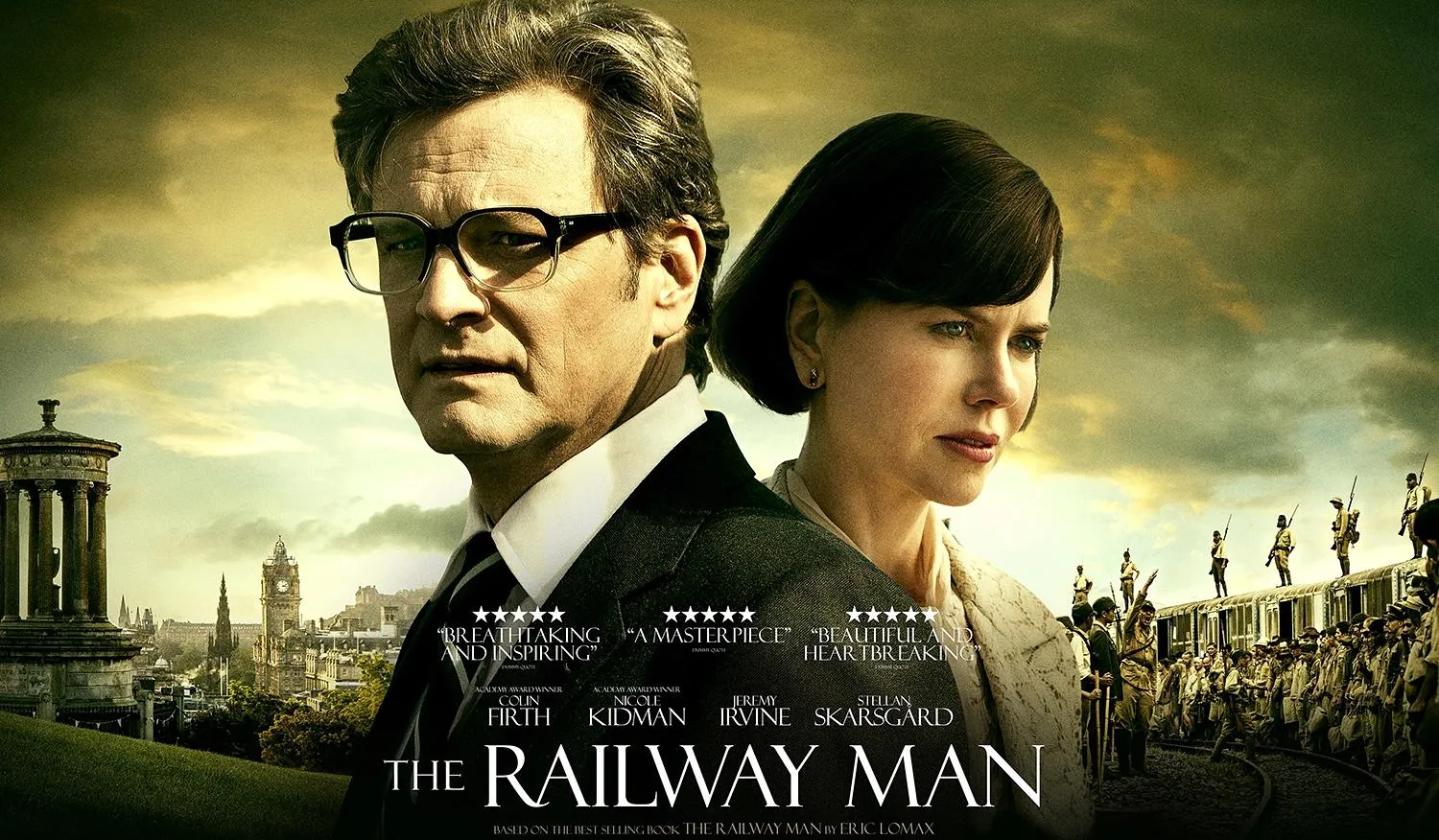Healing, Hope, and the Power of Starting Over
The Lost Husband, directed by Vicky Wight and based on the novel by Katherine Center, is a heartwarming drama about grief, renewal, and second chances. With its serene Texas countryside setting and emotionally grounded performances, the film explores how people can find themselves again even after devastating loss.
The story centers on Libby Moran (played by Leslie Bibb), a woman who is still reeling from the unexpected death of her husband. Left with two young children and nowhere else to go, she moves to her eccentric Aunt Jean’s farm in rural Texas. Libby, who has spent most of her life in the city, is immediately out of her element. The rhythms of farm life are unfamiliar, the chores demanding, and the silence of the countryside unsettling. But slowly, the simplicity of the setting becomes a source of healing.
Helping Libby adjust to this new life is James O’Connor (played by Josh Duhamel), Aunt Jean’s quiet and rugged farm manager. At first, their interactions are strained. James is blunt, reserved, and mysterious—a man who clearly harbors his own emotional scars. But as Libby begins to embrace the peace and structure of life on the farm, her connection with James begins to deepen. Their slow-blooming romance is understated but meaningful, built on mutual respect, honesty, and emotional vulnerability.

The film does not rush Libby’s journey of grief. Instead, it gently unpacks her pain, her anger, and her confusion. She struggles with the weight of motherhood, the sting of loss, and the uncertainty of who she is without her husband. What makes The Lost Husband compelling is its refusal to present love or change as a quick fix. Libby’s healing is gradual, tied to the relationships she builds, the land she tends, and the space she finally gives herself to breathe.
Leslie Bibb’s performance is layered and sincere, bringing both fragility and strength to Libby’s character. She conveys the conflicting emotions of someone stuck between past sorrow and future hope. Josh Duhamel, known for more action-driven roles, shows a more grounded and emotional side as James. Their chemistry feels authentic and unforced, lending credibility to the film’s emotional arc.
Cinematographically, the film shines in its use of landscape. The rolling fields, golden sunsets, and quiet barns become almost characters themselves, symbolizing the simplicity and beauty that can be found when life slows down. The rural Texas setting provides not just a backdrop, but a sense of place that mirrors Libby’s internal transformation.
The Lost Husband is more than just a romance—it’s a story about resilience and self-discovery. It reminds audiences that sometimes, when everything falls apart, it’s an opportunity to build something entirely new. The film touches on themes of family, forgiveness, and finding strength in unexpected places. It doesn’t rely on dramatic twists or melodrama, but instead uses gentle storytelling to highlight the everyday courage of moving forward.
In the end, The Lost Husband offers a quiet, comforting message: life goes on, and even in the wake of great loss, love and peace are still possible.

-1751938747-q80.webp)

-1751946088-q80.webp)